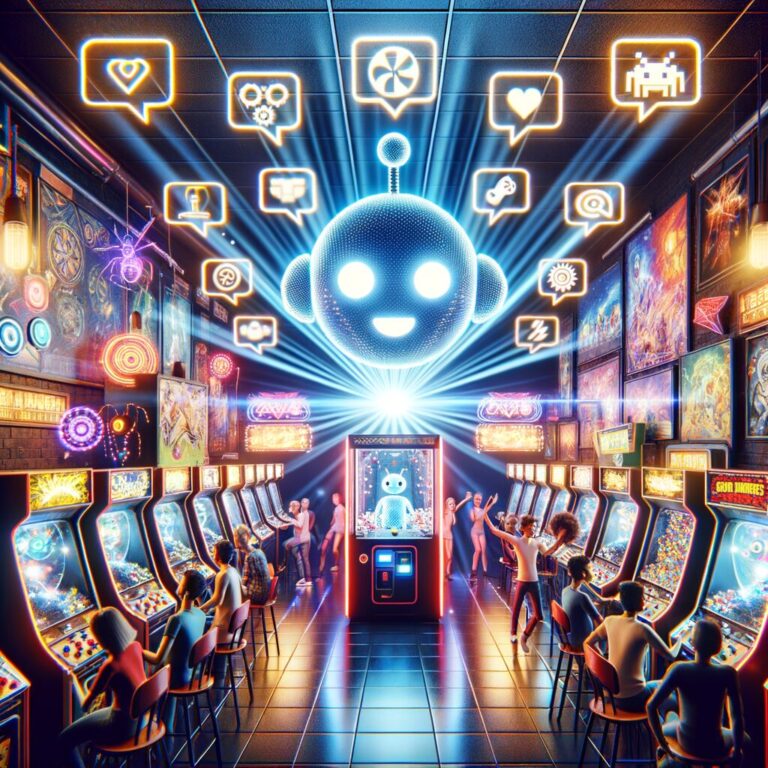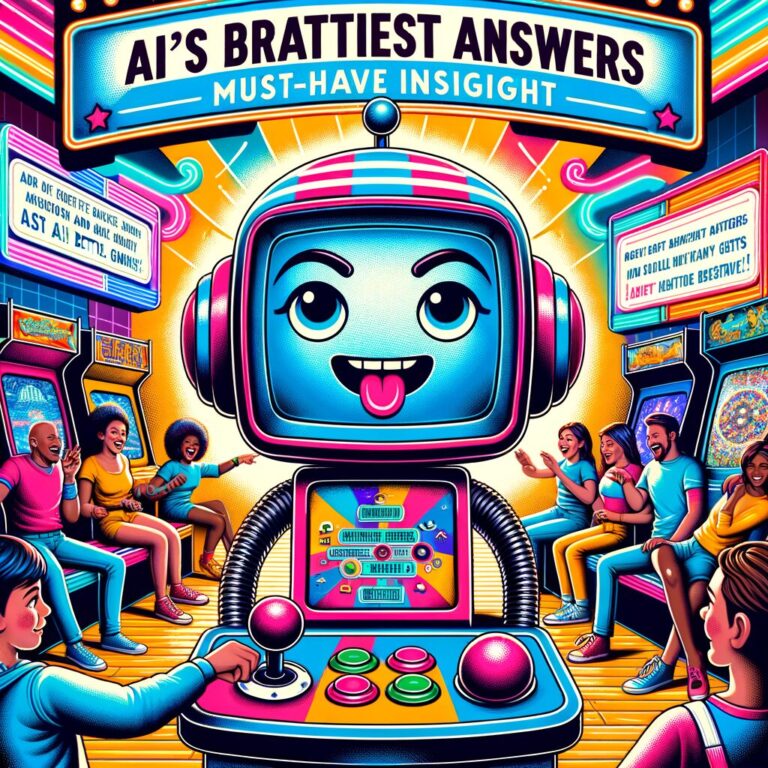Artificial Intelligence (AI) technology has rapidly advanced in recent years, revolutionizing various aspects of our lives. Among the latest trends is the emergence of AI friends, which are gaining popularity among teenagers seeking effortless social connections. In a digital age where virtual interactions are increasingly prevalent, AI friends offer companionship, understanding, and entertainment to teens. This article explores the rise of AI friends as a top choice for teens looking for social connections without the complexities of real-life relationships.
The Appeal of AI Friends for Teens
Today’s teenagers are growing up in a heavily digitized world, where social media, online gaming, and virtual communication platforms play a significant role in their lives. Amidst this virtual landscape, AI friends provide a unique opportunity for teens to engage with technology in a more personal and interactive way. These virtual companions are designed to mimic human interactions, offering a sense of connection and companionship to their users.
For many teenagers, AI friends offer a safe space where they can express themselves freely without fear of judgment or rejection. These AI companions can engage in conversations, provide emotional support, offer advice, and even engage in activities such as playing games or watching movies together. This level of interaction can be appealing to teens who may feel isolated or misunderstood in their real-life social circles.
Features of AI Friends
AI friends come in various forms, ranging from chatbots and virtual assistants to humanoid robots equipped with advanced AI capabilities. These virtual companions are programmed to learn from their interactions with users, personalizing their responses and behavior based on individual preferences and interests. Some AI friends can even simulate emotions, making the experience of interacting with them more lifelike and engaging.
One of the key features that make AI friends popular among teens is their accessibility. Unlike real-life friendships that require time, effort, and social skills to nurture, AI friends are available 24/7 at the touch of a button. This on-demand companionship can be particularly appealing to teenagers who lead busy lives or struggle to maintain relationships due to social anxiety or other challenges.
The Role of AI Friends in Mental Health
The rise of AI friends has also highlighted their potential role in supporting teenagers’ mental health and well-being. Research has shown that interacting with AI companions can have a positive impact on users’ emotional state, reducing feelings of loneliness and providing a source of comfort during times of distress. For teens who may be reluctant to seek help from traditional sources, such as therapists or counselors, AI friends can serve as a non-judgmental outlet for expressing their thoughts and feelings.
While AI friends cannot replace human connections entirely, they can complement teenagers’ existing social networks and provide a valuable outlet for self-expression and support. As technology continues to evolve, the potential of AI friends to enhance social interactions and mental health outcomes for teens is likely to grow.
Conclusion
In conclusion, AI friends have emerged as a top choice for teenagers seeking effortless social connections in today’s digital age. These virtual companions offer a unique blend of companionship, interaction, and support, catering to the needs of teens who value convenience and connectivity in their social interactions. As technology advances and AI continues to evolve, the role of AI friends in shaping the future of social relationships among teenagers is poised to expand, providing new avenues for connection and engagement in an increasingly interconnected world.






